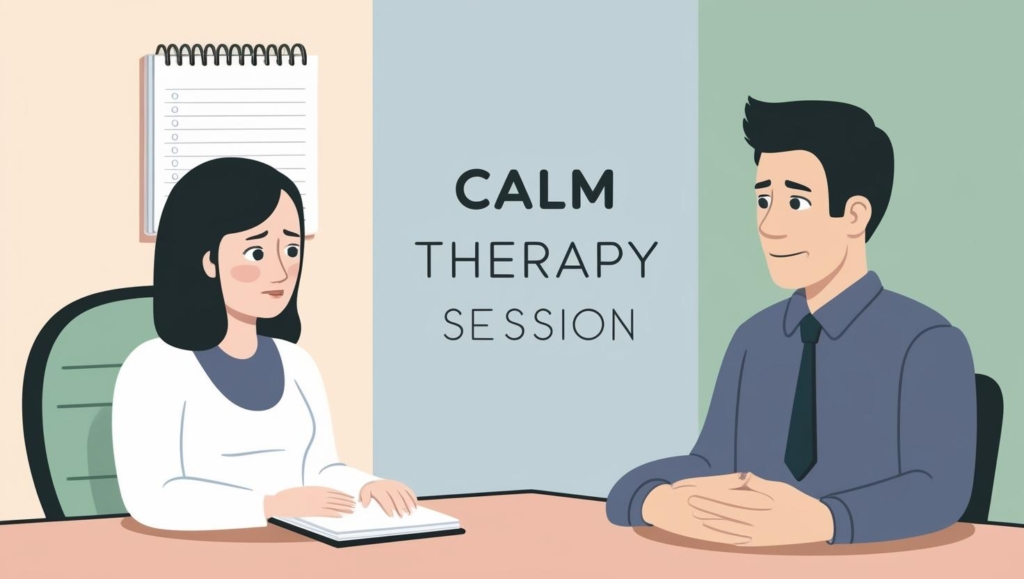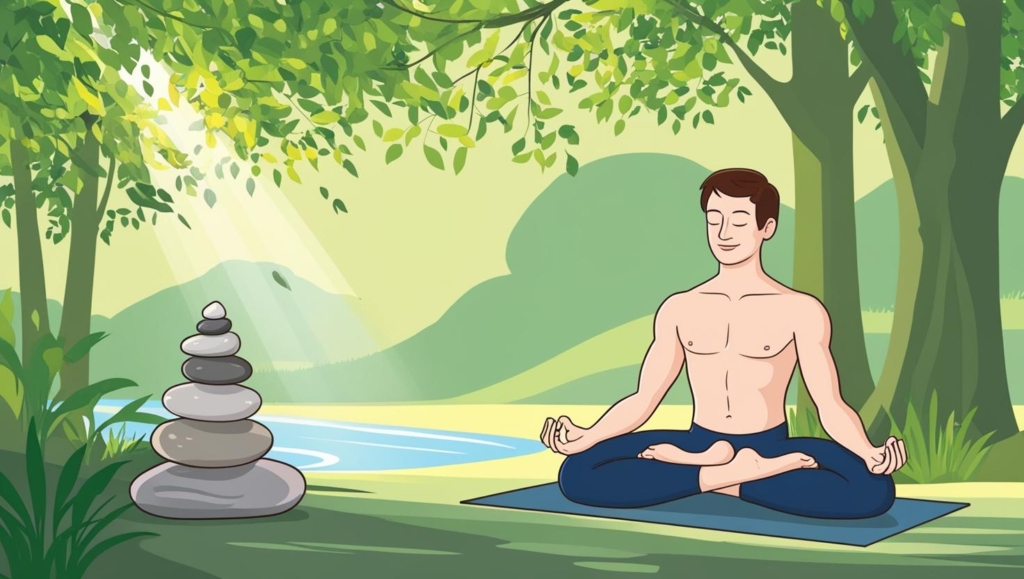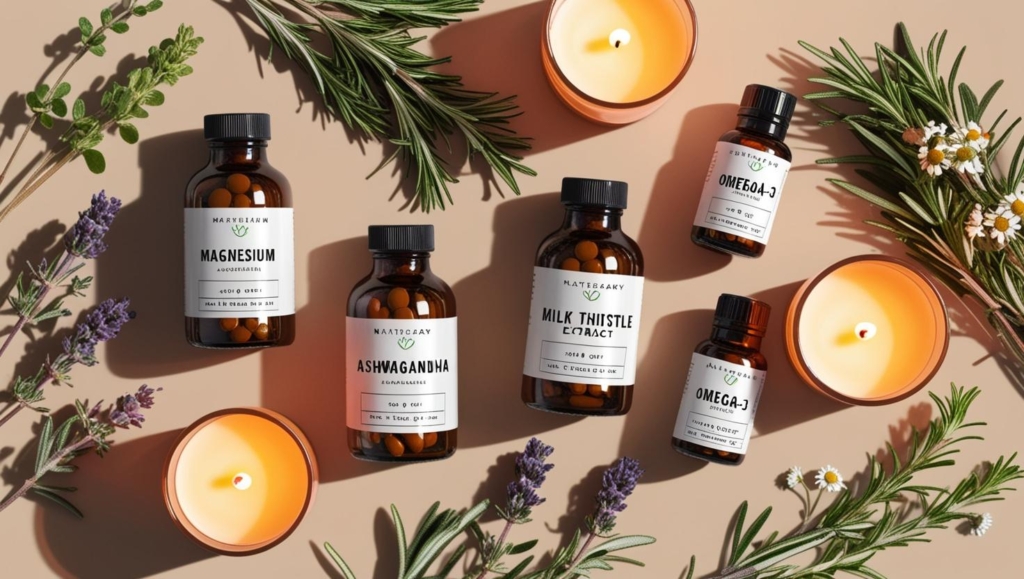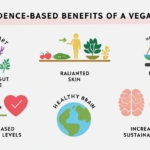“I Wasn’t Living… I Was Surviving.”
When Jason, a 29-year-old software engineer, realized he hadn’t spent a single sober weekend in over a year, something snapped. “It wasn’t just the alcohol,” he later said. “It was the emptiness.”
Addiction doesn’t always look like what you see in the movies. It’s silent, slow, and devastating. And for millions of people like Jason, recovery feels impossible—until it isn’t.
If you or someone you love is battling addiction, you’re not alone—and recovery is 100% possible. This article explores real, science-backed addiction treatment paths, myths that hold people back, and inspiring recovery journeys that prove healing happens.

What is Addiction, Really?
Addiction is more than a bad habit. It’s a chronic brain condition that hijacks reward pathways. Whether it’s drugs, alcohol, gambling, or even digital addiction, the common thread is loss of control and compulsion despite negative consequences.
Addiction doesn’t care if you’re rich or poor, educated or not. But it can be treated.
Common Signs of Addiction
- Increased tolerance (needing more to feel the same)
- Inability to stop, even when you want to
- Withdrawal symptoms
- Neglecting responsibilities
- Isolation or secrecy
- Continued use despite health, relationship, or legal issues
Mini Case: Meera, a 43-year-old single mom, started using prescription painkillers after back surgery. What began as relief turned into reliance. Her wake-up call? When her son found pills in his backpack.
The 5 Treatment Paths That Actually Work
Let’s break down the most effective, science-supported options:
1. Medically Assisted Detox

Best for: Alcohol, opioids, benzos
What it is: A supervised process to safely remove substances from the body.
Why it works: Detoxing cold turkey can be dangerous. Medical detox reduces risks and prepares the body for therapy.
“I felt like I was dying without the heroin,” said Steve, 35. “But the detox team made it bearable—and I lived.”
2. Cognitive Behavioral Therapy (CBT)

Best for: Most addictions
What it is: A structured talk therapy that helps rewire thinking patterns, cope with triggers, and prevent relapse.
Why it works: Studies show CBT can reduce relapse by up to 60%.
3. Group Therapy & Peer Support (Like NA/AA)

Best for: People who feel isolated or ashamed
What it is: Programs like Narcotics Anonymous and Alcoholics Anonymous offer a space for people to share and heal together.
Why it works: Connection is key. Peer support builds accountability and emotional safety.
4. Medication-Assisted Treatment (MAT)
Best for: Opioid, alcohol, or nicotine addiction
What it is: The use of medications like Suboxone, Naltrexone, or Chantix under medical guidance.
Why it works: Reduces cravings and withdrawal, allowing space for healing.
A 2021 NIH study found MAT + therapy doubles the success rate of recovery in opioid users.
5. Holistic Approaches (Yoga, Meditation, Nutrition)

Best for: Supporting long-term recovery
What it is: Practices that focus on mind-body healing.
Why it works: Addiction creates emotional and physical chaos. Restoring calm helps with emotional regulation and reduces relapse.
Many treatment centers now include mindfulness meditation and nutritional therapy as core parts of recovery.
The Power of Personalized Treatment
There’s no one-size-fits-all path. Genetics, mental health history, trauma, and even gut health can affect how addiction forms—and how it’s treated.
That’s why top clinics offer customized care plans, which might include:
- Dual-diagnosis treatment (addiction + mental illness)
- Trauma-informed therapy
- Family counseling
- Inpatient vs. outpatient programs
What Recovery Really Looks Like
Recovery isn’t perfect. It’s messy, emotional, and often nonlinear.
Real Story: Amanda, 36, relapsed twice before staying sober. “Each relapse taught me something. Now I’m two years clean, and I volunteer at a women’s center.”
The goal isn’t to be perfect. It’s to keep showing up.
Natural Supplements That May Help (But Use With Caution)

While not replacements for medical treatment, some supplements show promise:
- L-Theanine – reduces anxiety
- Ashwagandha – stress regulation
- Milk Thistle – liver support
- Omega-3s – brain health
- Magnesium – sleep and cravings
Always consult a doctor before adding supplements, especially if using medication.
How to Support Someone in Recovery
- Don’t shame them
- Set healthy boundaries
- Educate yourself on addiction
- Offer rides, support, or just listen
- Encourage professional help
- Celebrate even small wins
Final Thoughts: Hope is Stronger Than Addiction
Addiction is not a moral failure. It’s a medical condition—with real solutions.
If you’re struggling: you are not broken, and you are not alone.
If you’re supporting someone: your presence could be their turning point.
There is no shame in seeking help. The only shame is never starting.
Quick Action Plan:
✅ Start a conversation (even if it’s hard)
✅ Research local treatment centers or hotlines
✅ Save and share this article—it could save a life
Helpful Resources:
- SAMHSA National Helpline: 1-800-662-HELP
- Psychology Today Therapist Finder: psychologytoday.com
- Recovery.org: recovery.org
Disclaimer:
This article is for informational purposes only and is not a substitute for professional medical advice or treatment. Always consult your doctor or a licensed therapist for personalized care.






